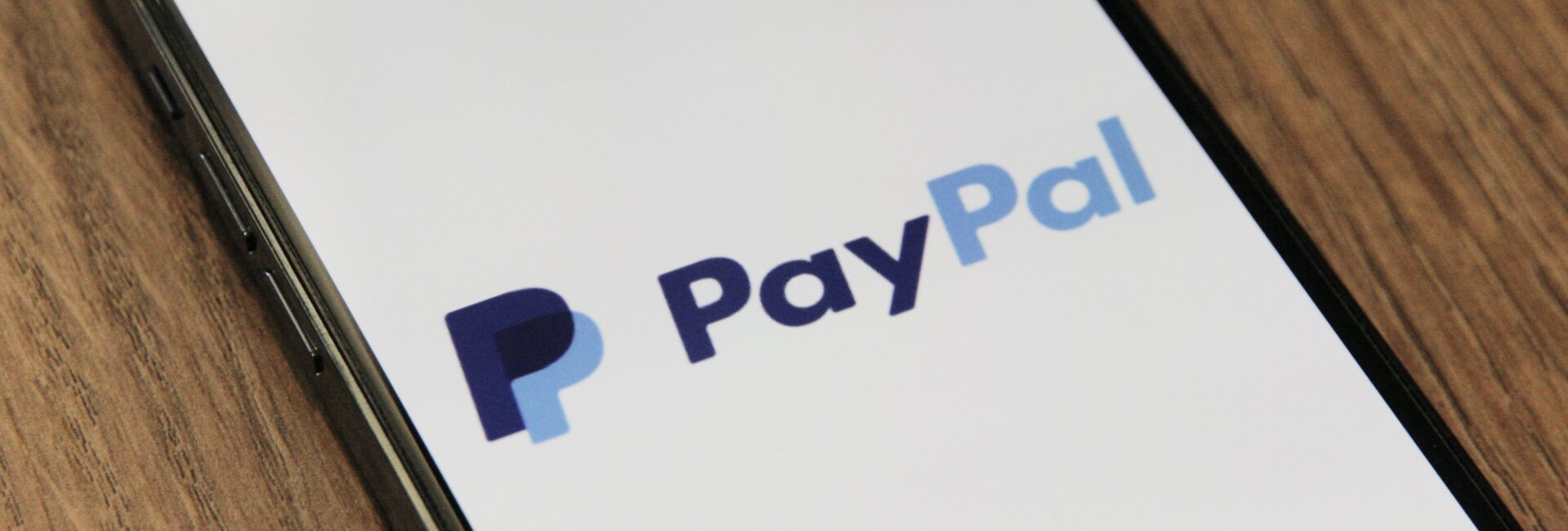
Latest News.
Does Paypal has too much ‘market power’? German federal cartel office opens proceedings.
Everyone knows about the payment option “PayPal”. For consumers, it seems to be uncomplicated, secure and above anything else, free of charge. But that is not the case for sellers. Because if the buyer chooses the PayPal payment method, fees are charged. This is not a problem. Other providers also charge fees. However, PayPal’s terms of use could be critical. It is precisely these terms of use that are now the subject of proceedings by the Federal Cartel Office. The Bundeskartellamt fears that Paypal has too much market power due to its own terms of use. This could result in the obstruction of competitors and the restriction of price competition.
If other payment methods are cheaper for the seller, it is obvious that the seller prefers them. Theoretically, it is possible to influence the buyer in his choice of payment method. But this is exactly what the PayPal terms of use in Germany exclude. Here, “rules on surcharges” and on the “presentation of PayPal” are regulated. According to these rules, sellers are not allowed to offer their goods at a lower price when choosing a payment method other than PayPal. In addition, sellers are not allowed to point out the fees charged by PayPal or otherwise buyers in their choice of payment option. This would be possible, for example, by offering a faster and more convenient contract conclusion. It was precisely these rules in the terms of use that made the Bundeskartellamt suspicious.
The Bundeskartellamt’s proceedings are based on Article 102 TFEU and Section 19 GWB. According to these, there is an antitrust prohibition on the abuse of a dominant position or, according to Section 20 GWB, a position with market power. In addition, according to the Bundeskartellamt, a violation of the prohibition of agreements restricting competition pursuant to Article 101 TFEU and Section 1 GWB is possible. According to the Bundeskartellamt, it will examine what market power PayPal has. In addition, it is to be clarified to what extent sellers on online platforms are dependent on offering PayPal as a payment method.
Because if merchants are prevented from taking into account the different costs that arise from the choice of a payment method and passing them on to the end customer, it could become problematic. In that case, other payment methods can compete only with difficulty or not at all. As a result, the payment services with market power could charge even higher prices for their service.
In the end, it would be the consumers who would have to pay for this situation. After all, no merchant omits the costs for the payment method from his price calculation, even if, unlike shipping costs, they are not visible on the statement. If no cheaper payment service provider prevails or the prices are even increased, the costs for the payment option remain in the calculation of the seller. And these are simply borne by the buyer. Currently, the costs are between 2.49 and 2.99 per cent of the amount to be paid and an additional 34 to 39 cents per transaction. According to market studies, PayPal is one of the most expensive online payment services on the German market. It remains to be seen whether the Bundeskartellamt will ultimately allow other, cheaper payment service providers to assert themselves on the market.
